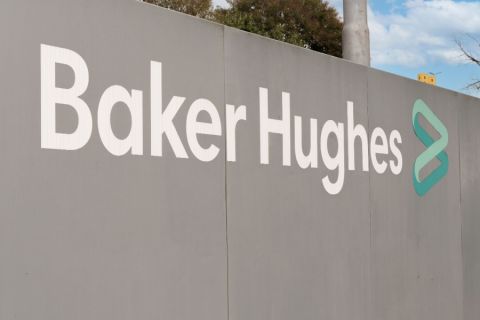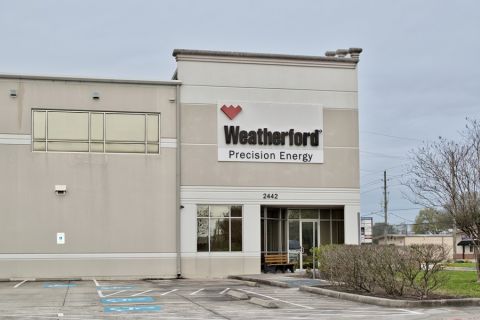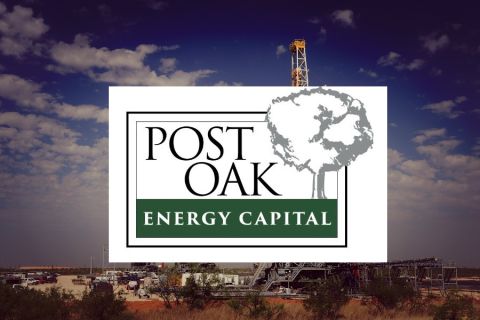I'm Jordan Blum, editorial director at Hart Energy here at CERAWeek by S&P Global, and I'm joined by Alessandro Bresciani, senior vice president of climate technology solutions at Baker Hughes.
Jordan Blum, editorial director, Hart Energy: So how significant is the Inflation Reduction Act for how companies in the U.S. approach carbon capture and other energy transition projects?
Alessandro Bresciani, senior vice president of climate technology solutions, Baker Hughes: It definitely is extremely important, it’s going to move the market. It's going to help the operators obviously to get financials better for the investment they have to do. And that is going to come through the entire value chain actually, which means that the technology company, they're going to have a benefit out of it.
JB: This is a bit of an American phrase, but are we entering kind of a ‘wild, wild west’ with companies in the U.S. trying to get a piece of that Inflation Reduction Act pie, so to speak, with climate carbon capture projects?
AB: Well, listen it's possible. Everything is possible. The reality is that the technology is going to win at the end. So, something that is going to work is going to be really deployed. And so, I do believe that the operator, they're going to team up with companies that are going to be reliable. They're going to be capable to do their project, to execute the project and to stay with them for the life of the operations. There is a possibility, but at the end of the day, we believe that in due course of the year, we are going to see serious players in the market.
JB: Internationally, a lot of companies are still saying they consider carbon capture to be pretty cost-prohibitive. I mean, do you see that being the case or do you see maybe a U.S. approach, maybe a government-friendly approach translating abroad?
AB: The situation that are similar to the United States somewhere else? Europe, Australia. So you can see these… incentives coming through. Carbon capture today still has to optimize the cost. But there's technology available today that are really already optimized and can be deployed. So, in the course of the year, you're going to see a little bit more optimization, but definitely that is going to come with the new technology that's going to be introduce[ed] in the next few years. Today we still have available technology that can really fulfill the needs of our customers.
JB: Great. Can you talk a little bit about just the approach Baker Hughes is taking—y’all are obviously doing a lot of partnerships. One of the most recent ones is, y'all are working with HIF Global on combining direct air capture and carbon CCS projects as well.
AB: We partner with HIF for our technology that is DAC—direct carbon capture directly from the air. So we did that one specifically, obviously for a project in Chile. A project here in [the] United States is a good partnership to go through. Together we are going to scale up the technology. We are going to prepare something that is going to be deployable at an industrial scale.
JB: Another one—y’all are working with FFI [Fortescue Future Industries] on geothermal and green hydrogen projects. How's that going?
AB: Yes, I mean—FFI, HIF—together with others players like Air Products, Santos, like Petronas, obviously those are players that we are teaming up with in order to develop our technology. It's really a partnership that we are looking for. There's more than that to come actually. And this is really to get the market moving and be able to really innovate in the sector.
JB: Great. Are there any other projects or partnerships you want to highlight at Baker Hughes?
AB: No, I mentioned the ones that are relevant at this point and that obviously we are pretty proud to have in our portfolio.
JB: Thank you so much for taking the time. For more information, please visit us online at hartenergy.com.
Recommended Reading
ProPetro Ups Share Repurchases by $100MM
2024-04-25 - ProPetro Holding Corp. is increasing its share repurchase program to a total of $200 million of common shares.
Baker Hughes Hikes Quarterly Dividend
2024-04-25 - Baker Hughes Co. increased its quarterly dividend by 11% year-over-year.
Weatherford M&A Efforts Focused on Integration, Not Scale
2024-04-25 - Services company Weatherford International executives are focused on making deals that, regardless of size or scale, can be integrated into the business, President and CEO Girish Saligram said.
Hess Midstream Increases Class A Distribution
2024-04-24 - Hess Midstream has increased its quarterly distribution per Class A share by approximately 45% since the first quarter of 2021.
Permian E&P Midway Energy Partners Secures Backing from Post Oak
2024-02-09 - Midway Energy Partners will look to acquire and exploit opportunities in the Permian Basin with backing from Post Oak Energy Capital.





